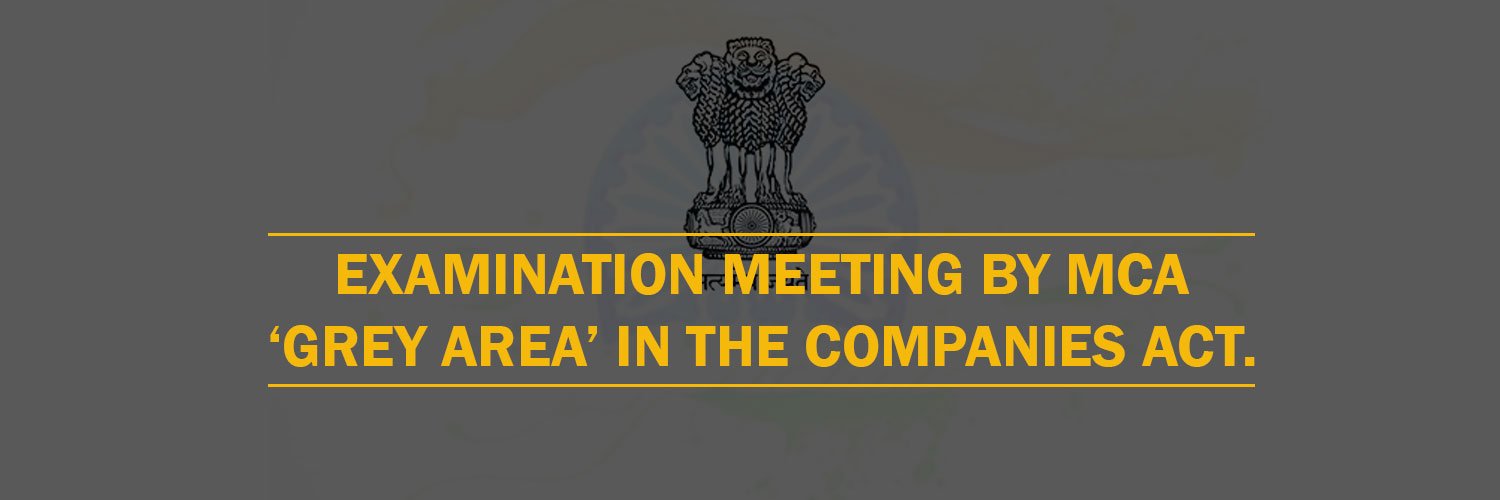“In my view, the successful companies of the future will be those that integrate business and employees’ values. The best people want to do work that contributes to society with a company whose values they share, where their actions count and their views matter”.
-Jeroen van der Veer, Committee of Managing Directors (Shell)
Introduction:
Section 135 of Companies Act 2013, effective from 1st April 2014, whether it’s a public limited or a private limited which either has a net worth of 500 crore rupees or a turnover of 1,000 crore rupees have to employ at least 2% of its average net profit for the last three financial years on corporate social responsibility activities. Activities which can be conducted by the companies in the CSR policy are mentioned in Schedule VII of Companies Act. CSR is an idea where companies provide and contribute to social welfare activities.
Constitutional Invalidity of CSR:
Section 135 of the Companies Act requires the companies attaining certain thresholds to employ a certain part of their revenue on CSR activities. But the corporations are not responsible for solving the world’s problems; their responsibility is to run well a company which can have an impact on society.
The established idea is that “state” is the responsible body when it comes to providing for the socio-economic welfare of the people. The efforts taken by the government seem to be forced not voluntarily.
The policy of Corporate Social Responsibility is considered to violate the rights in Article 14 and Article 19 (1) (g) of Indian Constitution.
Section 135 in violation of Article 14
Article 14 provides every citizen with the equality before the law and equal protection of the law.
- CSR activities are made obligatory only for the companies and are not relevant to LLP or partnership firm or any other form of the organization even if their net worth or profits are more than the prescribed limit under the Section 135.
- A company which has made profits during the last three financial years but is yet to recover its carried forward losses linking to the period before the effectiveness of Section 198 will be obligatory to employ on CSR.
- A company suffering loss is also obligated to employ to CSR as same as that of the profit-making
Section 135 in violation of Article 19(1) (g)
Article 19 (1) (g) provides freedom of trade, commerce, and profession.
- Section 135 of Companies Act composes a restriction since it needs the company to employ the money which could have otherwise been ploughed into the business or paid as dividend.
Section 135 is government outsourcing their duties to the companies to provide the citizens with health care, food, education, etc.
CSR violates corporate democracy
Management is only the entrusted body of Board of Directors. Owners of the company are shareholders. As in CSR, the Board of Directors has given the rights the money to employ on CSR activities and which activities are to be undertaken.
Board can misuse that sum of money for their benefit. As a director can approve the activity which will benefit him like donate to a school in which his child wants to get admission.
Constitutional Validity:
Argument of CSR is dependent on the constitutional idealism of “fundamental duties”. Every citizen is under obligation to fulfill those duties. Niall Fitzerald, Former CEO, Unilever is of the opinion that, “Corporate social responsibility is a hard-edged business decision. Not because it is a nice thing to do or because people are forcing us to do it… because it is good for our business.”
In National Textiles Workers’ Union etc. v. P.R. Ramakrishnan, the bench held that the socio-economic objectives set down in the directive principles of the Constitution should guide and shape the new corporate philosophy. In Consumer Education & Research Centre v. Union of India, ‘right’ of the management in the industry to carry on its business is subject to their obligation to ‘protect the health of the workmen’, ‘preserve pollution free atmosphere’, and to ‘provide safe and healthy conditions of the workmen’.
(This article was submitted by Ayushi Garg of Rayat Bahra University as a part of B&B Associates’ internship program.)








